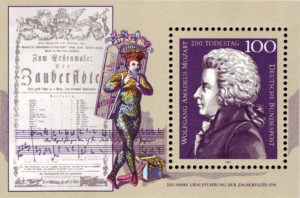It is an honest ghost, that let me tell you.
(Hamlet, Act I, Scene 5)
When you aren’t writing under your own name, the boundaries of honesty aren’t quite the same. You aren’t being hired to say what you believe, but to put someone else’s ideas into words. It isn’t dishonest as such to say things which you don’t personally believe are true, but you don’t have a license to lie. Where’s the boundary you can’t cross without becoming dishonest?
Advocacy vs. deception
The slope is slippery, so I stay well back from the brink. I’m willing to present a case for a conclusion which isn’t clearly false, even if I have doubts about it. For instance, I see no ethical problem with writing an article that says cloud-based VoIP is best on one day, then an article the next day saying an on-premises IP PBX is better. Both are true under some circumstances. However, I won’t write an article claiming an IP PBX is illegal — at least, not until I learn that some government has actually outlawed it.
(more…)
